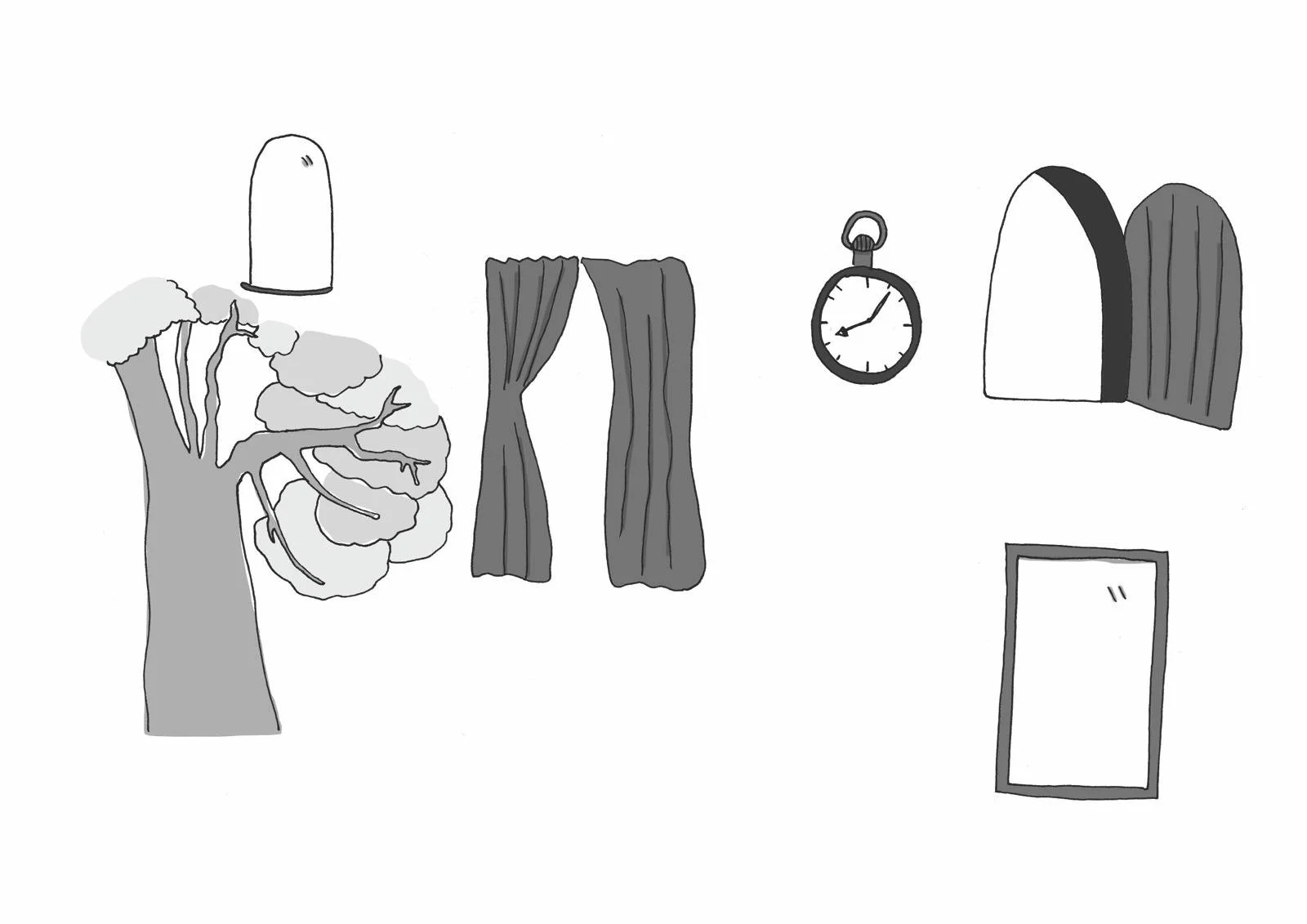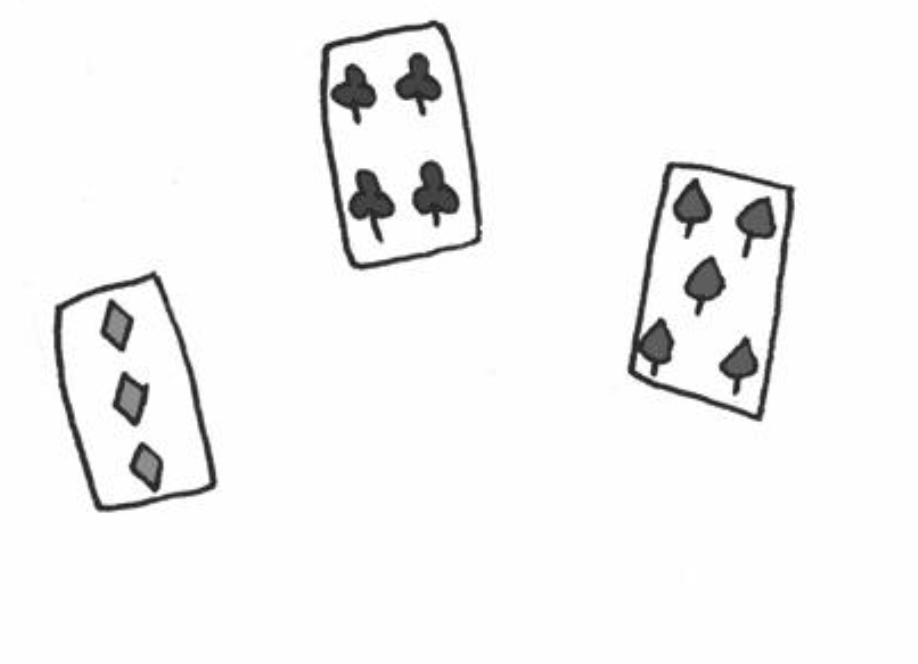“I know who I was when I got up this morning, but I think I must have been changed several times since then.”
— Lewis Carroll, Through the Looking Glass, 1871
THROUGH THE NEURODIVERGENT LOOKING GLASS
In Through the Looking Glass, Alice steps into a world where reality bends, identity shifts, and nonsense makes perfect sense. This mirrored world is full of contradictions—where meaning is unstable, social rules are strange, and expectations are ever-changing.
Much like Alice, neurodivergent people navigate a world that often reflects back expectations that do not align with our authentic selves. Our experiences—of masking, communication differences, and the fluid nature of identity—make it feel as though we are stepping beyond reflections and expectations, searching for a version of ourselves that feels real.
What does it mean to truly see ourselves? To step beyond what is expected and embrace what is true?
The themes in Through the Looking Glass provide a powerful lens for exploring identity, perception, and the courage to resist conformity.
✺ Reflections, Identity, and Masking
☆ Identity & Self-Discovery
Like Alice, many of us embark on journeys to understand who we truly are beneath the masks we wear.
✦ Masking can feel like presenting a version of ourselves reflected in the mirror—a socially acceptable image—while our true selves remain just behind the glass.
✦ The pressure to conform forces us to adapt, to filter, and to reshape our expressions to match expectations.
"It’s no use going back to yesterday, because I was a different person then."
✧ Neurodivergent self-discovery is not about "becoming someone new" - it’s about remembering who we were before the mask.
☆ Mirrored Identity & Masking
The Looking Glass reflects a version of ourselves that society expects to see. We often learn to mirror neurotypical behaviours, suppressing our natural instincts in order to be accepted.
✦ What if the person in the reflection isn’t truly us?
✦ What if authenticity means stepping through the mirror rather than remaining within it?
"I know who I was when I got up this morning, but I think I must have been changed several times since then."
✧ To step beyond the Looking Glass is to reclaim the parts of ourselves that were hidden, dismissed, silenced or erased.
✺ Language, Meaning, and the Double Empathy Problem
☆ Language & Communication Differences
Words in the Looking Glass shift and change meaning, just as autistic and non-autistic people can experience language through fundamentally different frameworks.
✦ The Autistic Language Hypothesis (Cullen, 2022) proposes that autistic people use and interpret language through distinct sensory, relational, and conceptual structures—not deficient, but different.
✦ Just as Wonderland’s characters play with logic, metaphor, and shifting meanings, autistic communication is often devalued or misunderstood by neurotypical systems of interpretation.
"‘When I use a word,’ Humpty Dumpty said in rather a scornful tone, ‘it means just what I choose it to mean—neither more nor less.’"
✧ What if our way of communicating has always made sense—just not to the people who hold the power and presume the right to define it?
✧ A double empathy approach recognises that misattunement is relational, not autistic deficit—communication is co-authored, not one-sided
✺ Imagination, Social Norms & Reclaiming Reality
☆ Dreams & Imagination
The boundless world of imagination helps us challenge rigid systems and create new ways of thinking.
For many neurodivergent people, imagination is not a retreat – it’s a method of survival— It’s how we shape inner logic, test alternatives, and find meaning when the external world feels uninhabitable.
"Life, what is it but a dream?"
✧ Imagination is not an escape from reality—it’s how we redesign it.
☆ Rules & Etiquette: Navigating Social Expectations
The Looking-Glass world is filled with bizarre rules, contradictions, and expectations. Much like neurodivergent people navigating social conventions, etiquette, and unspoken norms, Alice must decode arbitrary rules that seem to make little sense.
✦ We are often expected to "speak nicely," conform to social scripts, and suppress natural instincts like stimming or direct communication.
"Speak nicely to the Red Queen and remember who you are talking to."
✧ What if we stopped trying to follow nonsensical rules and instead wrote our own?
✧ Narrative disobedience invites us to reject imposed scripts and tell our own stories on our own terms
☆ Control & Intentionality: Who Defines Reality?
Alice’s journey challenges the idea of who gets to define reality—a struggle many neurodivergent people face when reclaiming narrative control over our identities, needs, and expressions.
✦ To be neurodivergent is often to be defined by others—by professionals, systems, or cultural expectations.
✦ Self-definition, then, becomes not just personal—but political.
✦ For neurodivergent people, self-acceptance is an act of defiance.
✦ We reclaim our power when we choose to live as we are, rather than who others expect us to be.
"It’s no use going back to yesterday, because I was a different person then."
✧ Reality is not fixed. It is shaped— and something we create for ourselves, in our image on our terms
✺ Stepping Through the Mirror: Reclaiming Self-Expression
The Looking Glass remind us that identity is fluid, communication is diverse, meaning is not owned by those in power and imagination is a tool for survival.
✧ By embracing the reflections we see within ourselves—rather than the ones imposed on us—we reclaim the power to define who we are.
✧ In doing so, we create brave new pathways for growth, creativity, and self-expression.
✧ Neurokinship emerges when we step through together—recognising each other in our reflections and building belonging beyond the mirror
➽ Step through the mirror. Your reflection is yours to shape.




